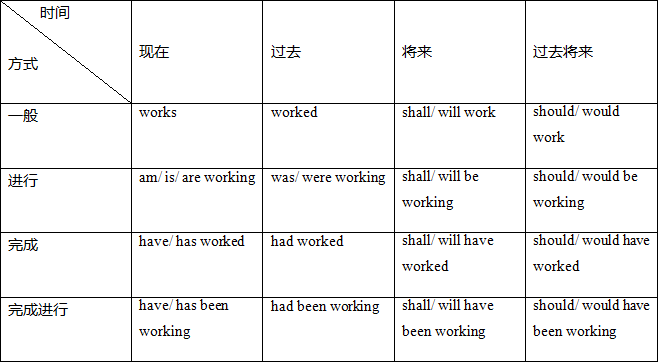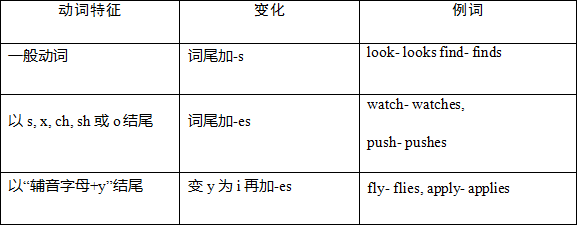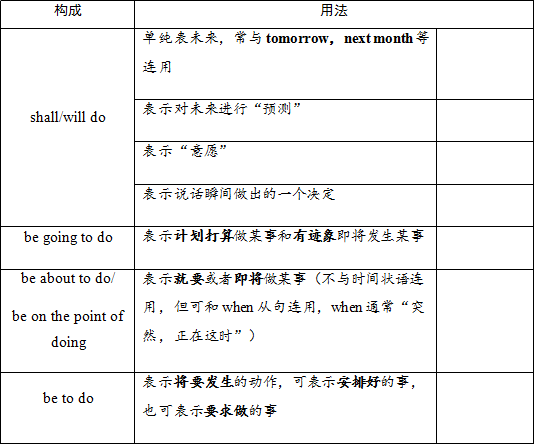äė(d©░ng)į~Ą─Ģr(sh©¬)æB(t©żi)šZ(y©│)æB(t©żi)-Ė▀┐╝ėóšZ(y©│)ų¬ūR(sh©¬)³c(di©Żn)
īW(xu©”)┴Ģ(x©¬)ŅlĄ└ ĪĪ üĒį┤Ż║ Ļ¢(y©óng)╣ŌīW(xu©”)┴Ģ(x©¬)ŠW(w©Żng) 2024-07-20 ┤¾ĪĪųąĪĪąĪ




īW(xu©”)┴Ģ(x©¬)ĻP(gu©Īn)µIūų:
īW(xu©”)┴Ģ(x©¬)ŅlĄ└ | Ė▀ųą╔·ŠC║Ž╦ž┘|(zh©¼)įu(p©¬ng)ār(ji©ż) | ▒▒Š®Ļ¢(y©óng)╣ŌīW(xu©”)┴Ģ(x©¬)ŠW(w©Żng) | ╔Ž║ŻĻ¢(y©óng)╣ŌīW(xu©”)┴Ģ(x©¬)ŠW(w©Żng) | ╠ņĮ“Ļ¢(y©óng)╣ŌīW(xu©”)┴Ģ(x©¬)ŠW(w©Żng) | īW(xu©”)┴Ģ(x©¬)ĄžłD | ųžæcĻ¢(y©óng)╣ŌīW(xu©”)┴Ģ(x©¬)ŠW(w©Żng) | ┘Fų▌Ļ¢(y©óng)╣ŌīW(xu©”)┴Ģ(x©¬)ŠW(w©Żng) | ÅV╬„Ļ¢(y©óng)╣ŌīW(xu©”)┴Ģ(x©¬)ŠW(w©Żng) | ╝¬┴ųĻ¢(y©óng)╣ŌīW(xu©”)┴Ģ(x©¬)ŠW(w©Żng) | ┤¾īW(xu©”)┼┼├¹ | Ė▀┐╝│╔┐ā(j©®)▓ķįā | Ė▀┐╝õø╚Ī▓ķįā | Ė▀┐╝ųŠįĖ╠Ņł¾(b©żo) | Į╠äš(w©┤)╣▄└ĒŽĄĮy(t©»ng) | Ė▀┐╝īŻŅ} | Ļ¢(y©óng)╣ŌīW(xu©”)┴Ģ(x©¬)ŠW(w©Żng)╩ųÖC(j©®)░µ | īW(xu©”)┴Ģ(x©¬)ŅlĄ└╩ųÖC(j©®)░µ